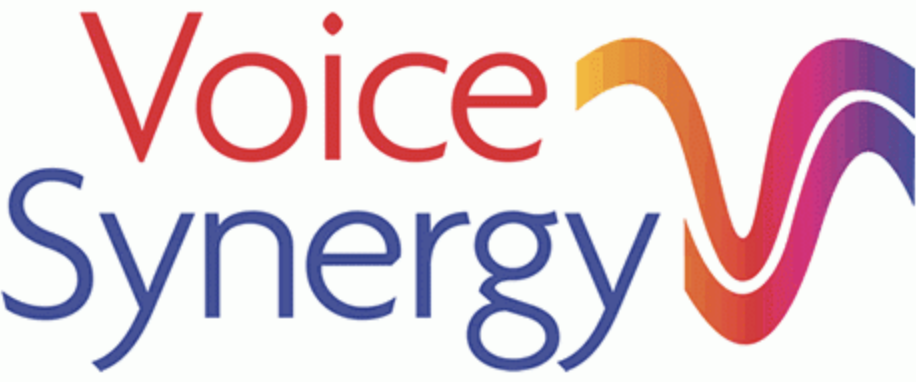 Love it or loathe it? Voice recognition technology is all around us at every moment of the day. We can ask our smartphone what the weather will be tomorrow, dictate notes, or vocally activate a bank account transaction. But is voice recognition technology as good as it claims to be?
Love it or loathe it? Voice recognition technology is all around us at every moment of the day. We can ask our smartphone what the weather will be tomorrow, dictate notes, or vocally activate a bank account transaction. But is voice recognition technology as good as it claims to be?
A lighter take on the drawbacks of voice recognition from a lift somewhere in Scotland can be seen here.
Two Scottish guys are imploring a voice-activated lift with increasing desperation, to whisk them up to the eleventh floor. Their Scottish accent is not understood. They try an American then English accent in a dismayed attempt for their voice command to be recognised and understood. But the lift’s voice recognition technology has been developed by the United States and any other accent becomes an insurmountable barrier which results in the Scottish guys being literally, grounded.
BBC Radio 4’s programme, “Word of Mouth” presented by Chris Ledgyard, tackles the complexity of voice recognition and asks, how well can a computer analyse speech?
With difficulty, it seems. The human voice is a complex mixture of your physical characteristics and lifestyle as well as a healthy dose of ‘state of mind’ and ‘social context’. If you’re chatting to a group of friends in a pub, for example, or speaking to your doctor about your health problems, chances are your voice will have a very different blend of characteristics in each situation. A drift of accent, a change in level of relaxation, even a change depending on whether you are sitting or standing will affect your voice pattern and would present a problem for voice recognition technology.
The voice is a very changeable thing. The vocal tract is subject to emotional as well as physical influences and according to forensic speech expert, Peter French, you would never find two matching utterances from the same individual. If you say something as simple as ‘Yes’ a million times, there won’t be an exact pair.
So where does that leave us with our new secure banking access, based on voice? According to the Guardian, banks such as HSBC/First Direct and Barclays are using their customers voices to build up a data bank to help with voice recognition. Once the customer has submitted enough vocal material, they can choose to use voice recognition rather than a password. Santander plc have gone further and their approved customers are able to transfer money by their voice alone.
Should we be worried about the security of our bank accounts if they are voice activated? Have you had a good or bad experience of voice recognition technology? If so, please me know.
For more information and help on how to speak clearly to a human or a machine, in any accent, please do get in touch.
